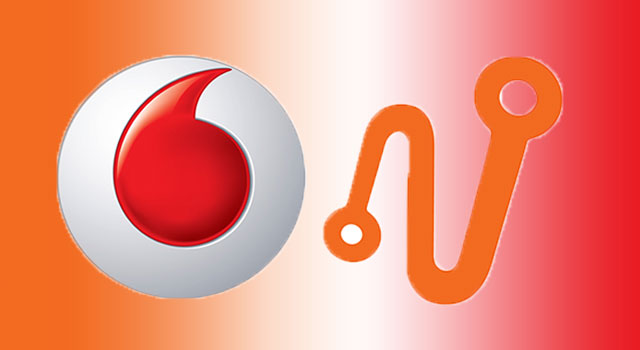
Telkom has filed papers in the high court in Pretoria challenging communications regulator Icasa’s decision to approve Vodacom’s acquisition of Neotel.
Telkom spokesman Jacqui O’Sullivan has confirmed to TechCentral that the telecommunications operator has decided to challenge the deal. An Icasa spokesman was not immediately able to confirm the developments or comment further. More details on the basis of the challenge are expected shortly.
Icasa said in June that it had decided to approve Vodacom’s R7bn acquisition of Neotel, but attached conditions to the deal.
It intends imposing a 30% black economic empowerment requirement on Neotel as a condition of allowing Vodacom to buy the company. It may also require Neotel to roll out 25% of any future wireless broadband offerings in underserviced areas.
But the regulator did not set out any timeframes, instead asking interested parties, including industry players, to provide feedback on how long the companies should be given to comply.
Icasa said it will require that 30% of Neotel’s shares be held by “historically disadvantaged groups”.
Icasa said it recognises that it “may not be practicable” for Vodacom and Neotel “to comply with the BEE requirement from the onset”.
“Therefore, the authority wishes to determine the reasonable period within which the applicants should be permitted to ensure compliance with the BEE requirement.”
In addition, and “to achieve the developmental goals” of South Africa in relation to broadband, Icasa is “considering the imposition of the condition that at least 25% of any broadband roll-out to be undertaken by Neotel following the implementation of this transaction … be undertaken in underserviced areas”. These connections must be at least 5Mbit/s in speed, it said.
Icasa said, too, it may conduct an in-depth study into the impact of market consolidation on competition in the telecoms industry.
Two Vodacom competitors, MTN and Cell C, had filed objections at Icasa, warning that the deal could have a negative impact on competition in South Africa’s telecommunications industry if it is allowed to go ahead. — (c) 2015 NewsCentral Media




